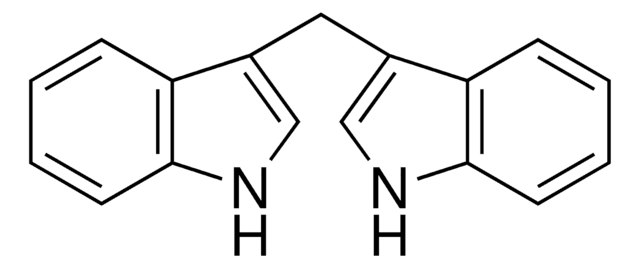SML1489
FICZ
≥95% (HPLC), lyophilized powder, AhR agonist
Synonym(s):
5,11-Dihydro-indolo[3,2-b]carbazole-6-carboxaldehyde, 6-Formylindolo[3,2-b]carbazole
About This Item
Recommended Products
Product Name
FICZ, ≥95% (HPLC)
Quality Level
assay
≥95% (HPLC)
form
lyophilized powder
color
yellow
solubility
DMSO: 0.5 mg/mL, clear (warmed)
storage temp.
−20°C
SMILES string
[nH]1c2c(c5c1cccc5)cc3[nH]c4c(c3c2C=O)cccc4
InChI
1S/C19H12N2O/c22-10-14-18-12-6-2-4-8-16(12)20-17(18)9-13-11-5-1-3-7-15(11)21-19(13)14/h1-10,20-21H
InChI key
ZUDXFBWDXVNRKF-UHFFFAOYSA-N
Biochem/physiol Actions
signalword
Warning
hcodes
Hazard Classifications
Acute Tox. 4 Oral
Storage Class
11 - Combustible Solids
wgk_germany
WGK 1
flash_point_f
Not applicable
flash_point_c
Not applicable
Choose from one of the most recent versions:
Certificates of Analysis (COA)
Don't see the Right Version?
If you require a particular version, you can look up a specific certificate by the Lot or Batch number.
Already Own This Product?
Find documentation for the products that you have recently purchased in the Document Library.
Customers Also Viewed
Our team of scientists has experience in all areas of research including Life Science, Material Science, Chemical Synthesis, Chromatography, Analytical and many others.
Contact Technical Service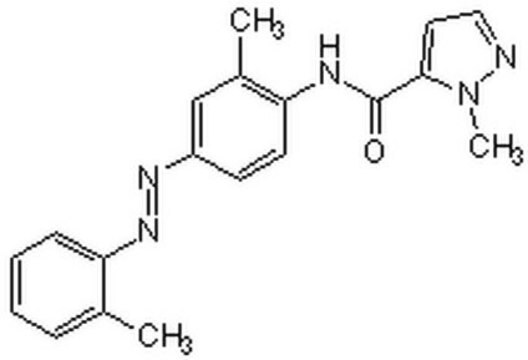

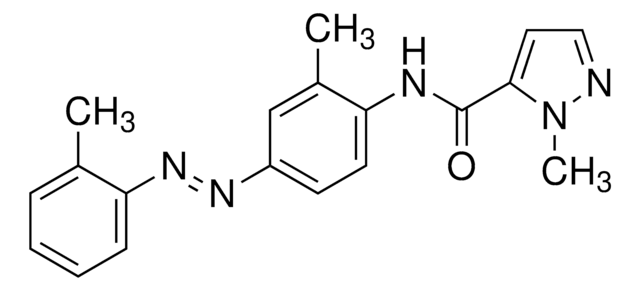

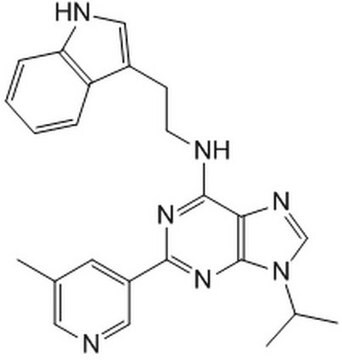
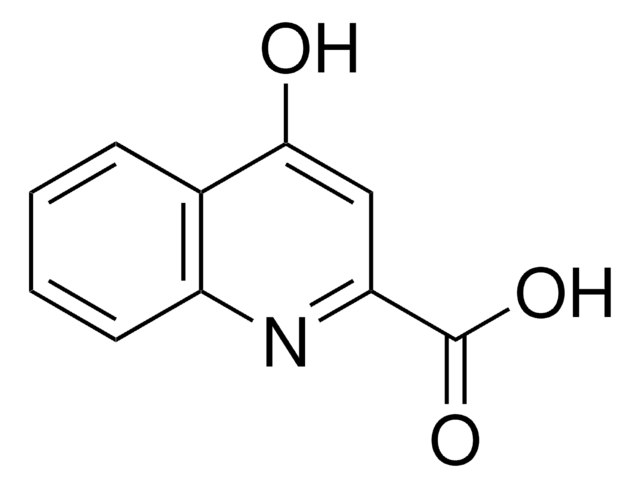
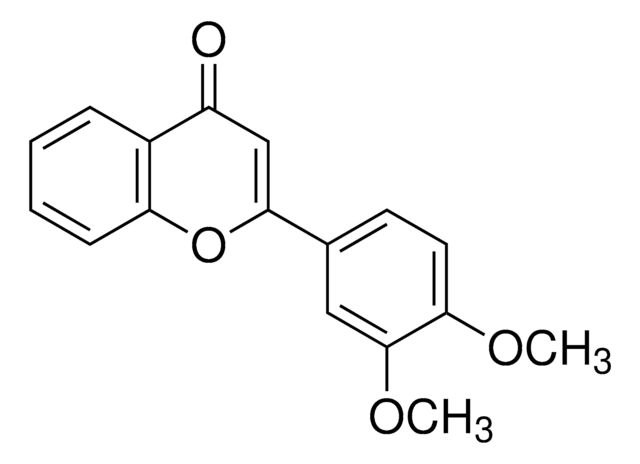
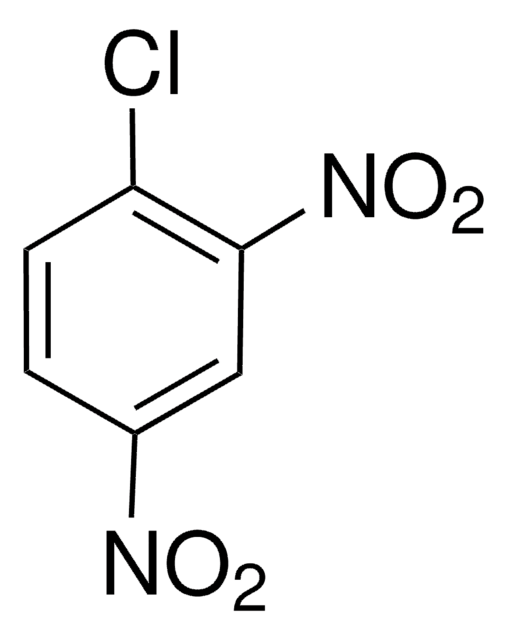
![Benzo[a]pyrene ≥96% (HPLC)](/deepweb/assets/sigmaaldrich/product/structures/253/820/be96d879-1811-46c0-8f11-612019691c2d/640/be96d879-1811-46c0-8f11-612019691c2d.png)


